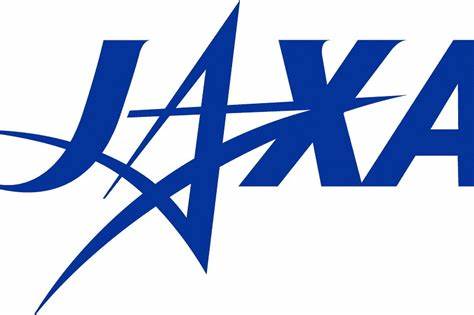Part 2 of 2 Parts (Please read Part 1 first)
Toshinori Kuwahara is an associate professor at SRL and the chief technology officer in the start-up. He said, “Through our new start-up ElevationSpace Inc., we’re applying our experience in microsatellites to offer new capabilities such as recoverable return capsules, which will allow scientists to conduct zero-gravity experiments in near-Earth space cheaply and quickly.”
Such return capsule satellite missions will allow experiments to be performed that are currently impossible on Earth. One such experiment would be the crystallization of proteins in microgravity. Kuwahara also expects that the capability could be used for biological experiments such as drug development. The ability to conduct such experiments will become increasingly important because the International Space Station will be decommissioned in 2031.
Kuwahara said, “Such microsatellites require high-performance thrusters and accurate orbit control, but must also be lightweight, and the return capsules need to be heat shielded but also to be discoverable on return. We’re currently in the process of building the first engineering models.”
Fresh from the success of the Hayabusa mission, SRL entered the Google Lunar XPrize contest in 2010. This contest was created to stimulate affordable access to the Moon and the development of business models dealing with lunar transportation. Yoshida’s Team Hakuto developed the only entry from Japan. They created a small robotic rover capable of being deployed from a light spacecraft. The SRL entry was one of five finalists. No Moon missions were launched under this competition. The project resulted in another SRL start-up dubbed “ispace inc.”
Yoshida is a technology advisor at ispace. He said, “After Lunar XPrize, we turned our attention to the lunar lander. We launched the first ever private Moon mission on a SpaceX launcher in December 2022. Unfortunately, the Hakuto-R lander crashed on the final descent, but we’re already working on second and third missions with a focus on improving the navigational guidance control.”
Yoshida is also leading an ambitious project under the Japanese government’s broad ‘Moonshot R&D’ program aimed at establishing a self-evolving autonomous sward robot system to develop lunar bases and resources.
Yoshida said, “We want to take our Moon ambitions further by creating artificial-intelligence-driven robots that could be used to construct a lunar outpost. “This is definitely a ‘moonshot’ goal, but we have the technology and expertise here at SRL to give it a good shot. We’re a world-leading institute of space robotics research, and through our various start-ups, research and mission activities, we will continue to be a driving force in near-Earth space exploration in Japan and globally.”
Recovering raw materials from other celestial bodies in our solar system would result in the development of new materials and devices for use on Earth. Old companies will expand, and new companies will be started to take advantage of these possibilities. Eventually, the space industry will scale to mass manufacturer of commercial and consumer products as well as new medicines and materials for the mass market.
